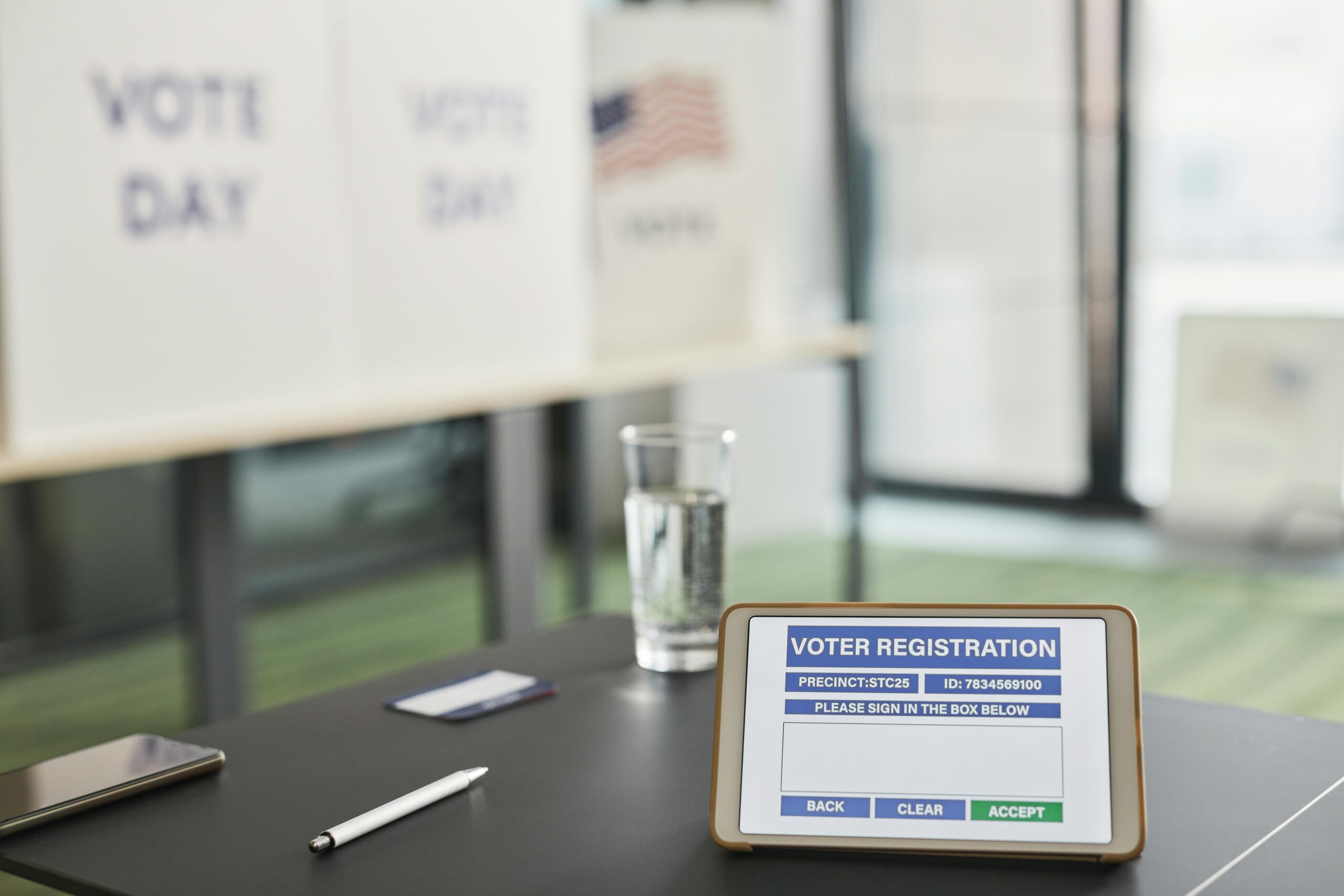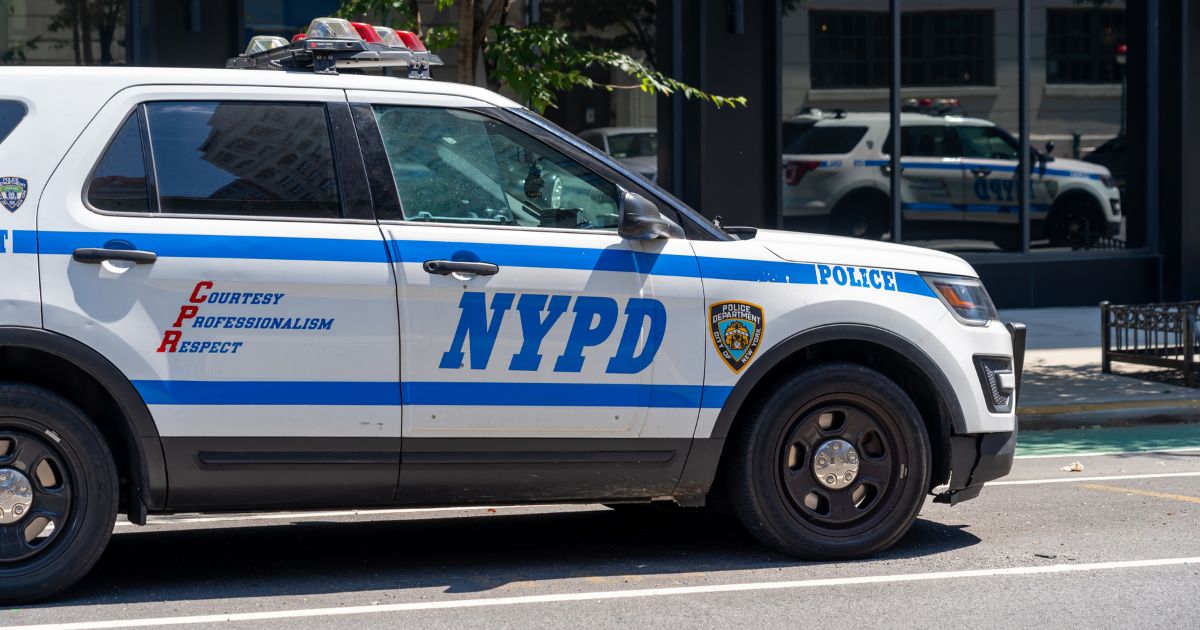Some Notes On Living A Conservative Life
In February of 1984, I took the train to New York with a young woman named Julie, who would later be my wife. We were both freshmen at Princeton, and we were on our way to Irving Kristol’s Institute for Educational Affairs, where we hoped to find funding to start a conservative student magazine. Once there, we were ushered into an office where a man behind a desk was looking over the paperwork we had sent him. He smiled and said: “It looks like someone has been reading Burke.” We won our first year’s funding at this meeting. The first issue of our magazine, The Princeton Tory, appeared in October and was followed by five more issues during the academic year. The magazine is still being published at Princeton today.
Why found a magazine instead of doing schoolwork? It cannot have been the obvious thing to do. We’d been on the campus for only five months at that time, and our lives were already quite full. Julie and I had met in physics lab a few weeks after arriving on campus. It was the conservation of momentum experiment, in which you used a camera and a strobe to capture a series of images of hockey pucks colliding on an air table. If you did it right, you could measure the velocity of the two pucks before and after the collision, and show that the total velocity times mass remained the same even though the speed of the pucks had changed.
Julie had been assigned to the lab group working at the air table next to mine, and she came over to ask for help operating the camera. I recognized her immediately from the face book. In those days, before the internet, the university printed up a physical book called a face book, which had the pictures of more than a thousand incoming freshmen in it. Each photograph was accompanied by the student’s name, hometown, and birthday. I had dutifully looked up every freshman who had the same birthday as mine, June 6. There were three students in my class with the same birthday, all of them women, and I had memorized their names, thinking it might be useful in starting a conversation. And so it was. When Julie brought her camera over to my table, I responded to her by name and asked if her birthday was June 6, which was my birthday as well. We ended up moving to an empty air table and doing the lab together.
The next day, we sat together in Professor Wilkinson’s introductory physics course, which the students called “the magic show.” We applauded as he successfully performed the experiments after describing them in chalk on the blackboard behind him. That night, we met at the student-run café under Murray-Dodge Hall, where the tables were lit with a single candle and the air was tinged with cinnamon from the cookies baking in the back room. That was the first time we really talked. A couple of weeks later, we drove up to Harvard in a car full of students to take part in the off-topic debate tournament being held over the weekend. By then, we were inseparable.
Julie was as beautiful a girl as I had ever met in my life. Her smile lit up the moody gothic halls of the campus in a way that left me in awe. But what made my attraction to her so powerful was the things she said when our conversation turned to politics and religion. She had grown up a Presbyterian in rural western Pennsylvania, and though she was no longer a Christian when we met—she was reading one of Bertrand Russell’s atheist tracts at the time—she was still a Republican.
The girls I had known growing up had almost all been liberals, which meant that when the conversation turned to something important, what I had to say was rarely appreciated. I still remember telling one of those high school girls that my forefathers had thought about me, just as I was thinking about my own grandchildren and their grandchildren, and that these ancestors had prayed that I would uphold and defend certain things in which they believed. She replied: “I can’t believe you walk around carrying all of that!”
But Julie was carrying some burdens of her own. She had grown up with a half-brother who was born with a severe disability, and I think she always knew his death was coming soon. One evening we went to dinner in town with another couple from my college. In those days, abortion was a major issue in every election campaign, and so the conversation easily turned to abortion.
Before dinner was served, the other young woman at the table had already announced that she intended to open an abortion clinic so no woman would
" Conservative News Daily does not always share or support the views and opinions expressed here; they are just those of the writer."





